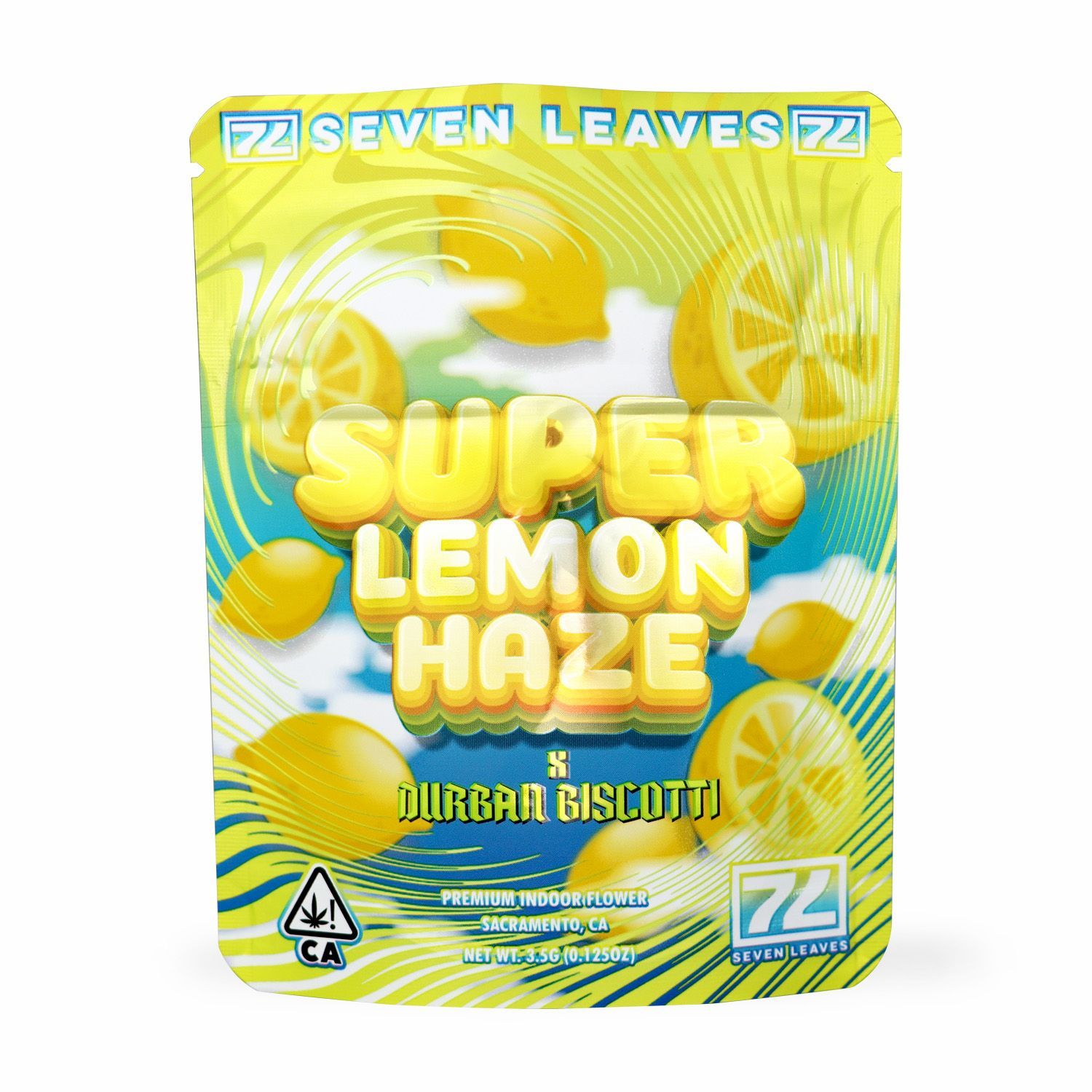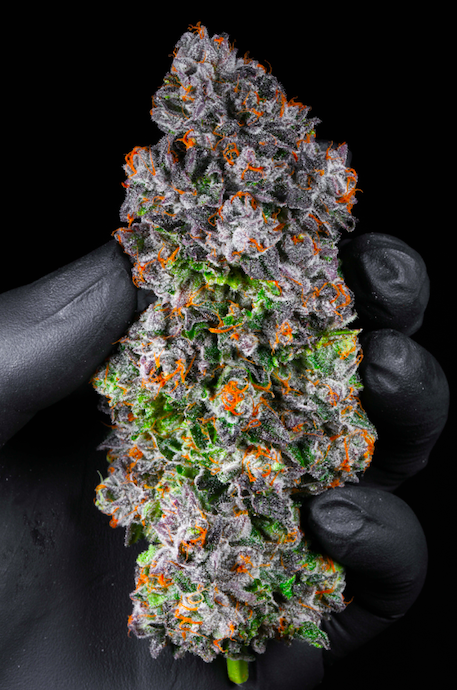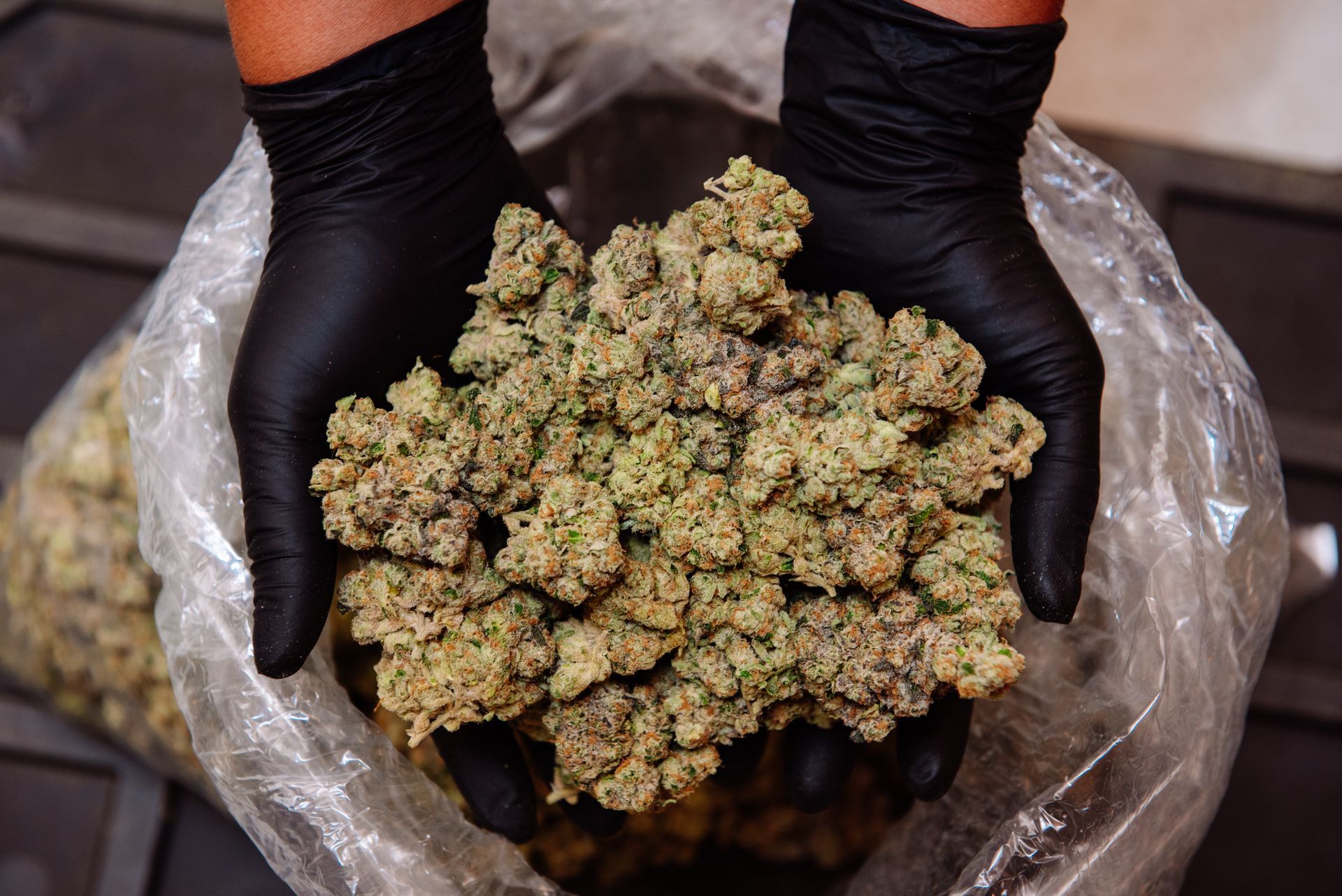Understanding Seven Leaves: A Deep Dive into a California Cannabis Company
California's cannabis market is a vibrant and ever-evolving landscape, with numerous companies striving to make their mark. Among them, Seven Leaves has carved out a reputation for quality and consistency. But what exactly sets them apart? Let's take a closer look at this California-based cannabis company.
Here's a look at the Seven Leaves brand identity:
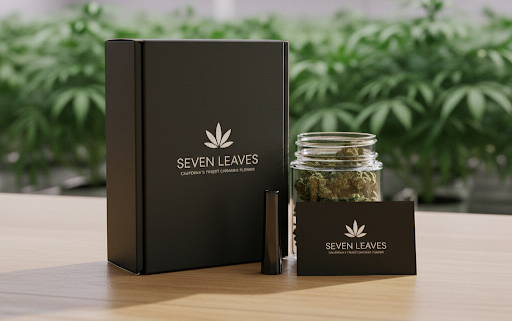
A commitment to Cultivation
Here's an example of a cannabis cultivation facility, much like what Seven Leaves might operate:
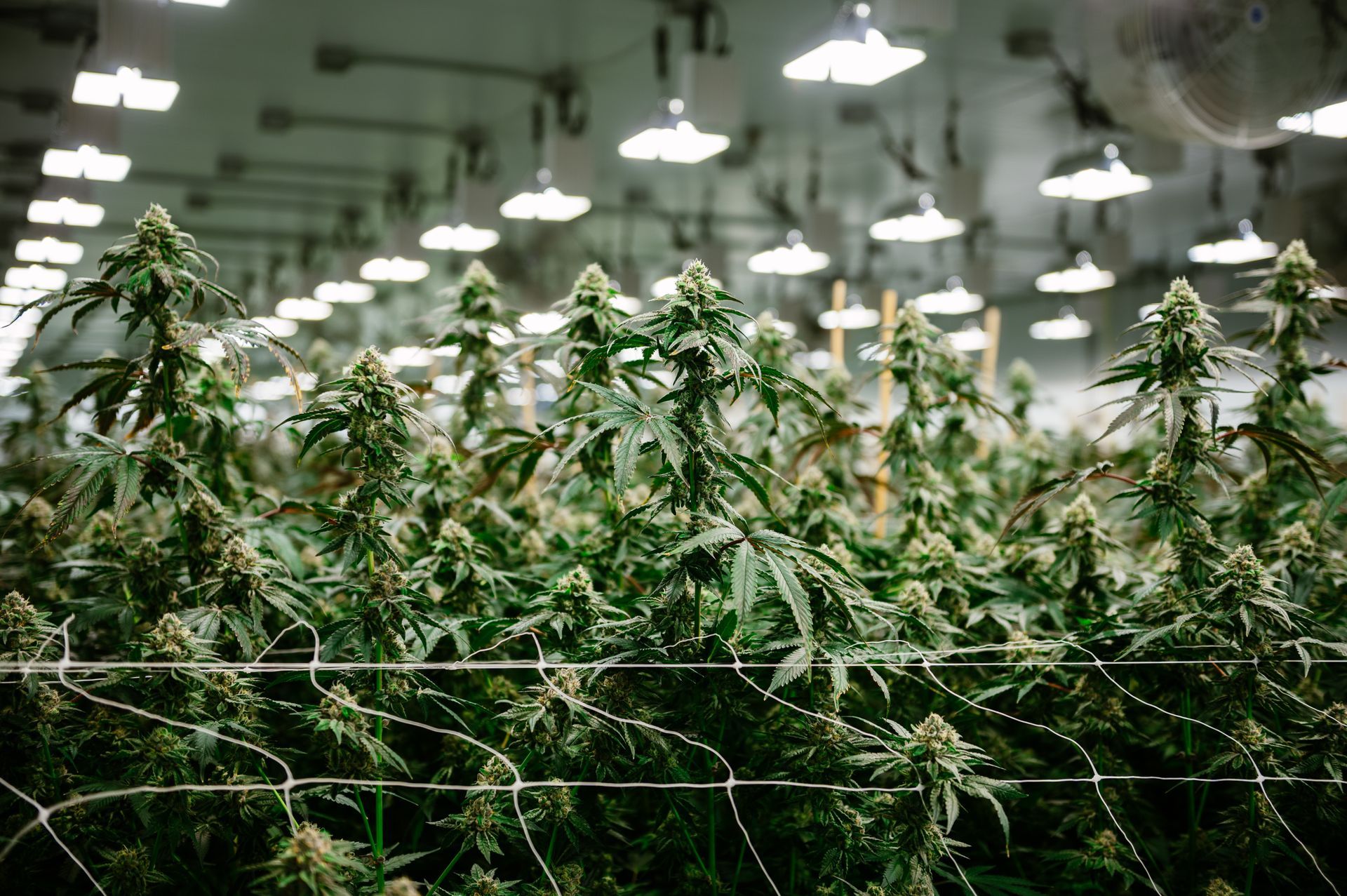
At the heart of Seven Leaves' operation is their dedication to the art and science of cannabis cultivation. They understand that the foundation of any premium cannabis product lies in how it's grown. This commitment often translates into:
- Controlled Environments: Seven Leaves likely utilizes state-of-the-art indoor growing facilities. This allows for precise control over crucial environmental factors like temperature, humidity, light cycles, and CO2 levels, optimizing conditions for plant health and cannabinoid development.
- Genetic Selection: A key element of producing consistent, high-quality cannabis is careful genetic selection. Seven Leaves probably invests in researching and acquiring desirable cannabis strains, focusing on those with robust growth characteristics, unique terpene profiles, and potent cannabinoid content.
- Sustainable Practices (Where Applicable): While not explicitly stated for all cultivators, many California cannabis companies are increasingly adopting sustainable practices. This could include water conservation methods, integrated pest management (reducing reliance on chemical pesticides), and energy-efficient systems.
What Products Does Seven Leaves offer?
While their specific product line can vary, Seven Leaves is primarily known for its premium flower. This means consumers can expect to find:
- Variety of Strains: They likely offer a diverse selection of strains, catering to different preferences and desired effects. This could include indicas, sativas, and various hybrid options, each with its own unique aroma, flavor, and cannabinoid profile.
- High-Quality Bud: Their reputation suggests a focus on well-cured, visually appealing, and potent cannabis flower. This means buds that are properly trimmed, free of excessive stems or leaves, and boast a rich aroma.
Here's an example of the kind of high-quality cannabis flower you might expect from a company like Seven Leaves:
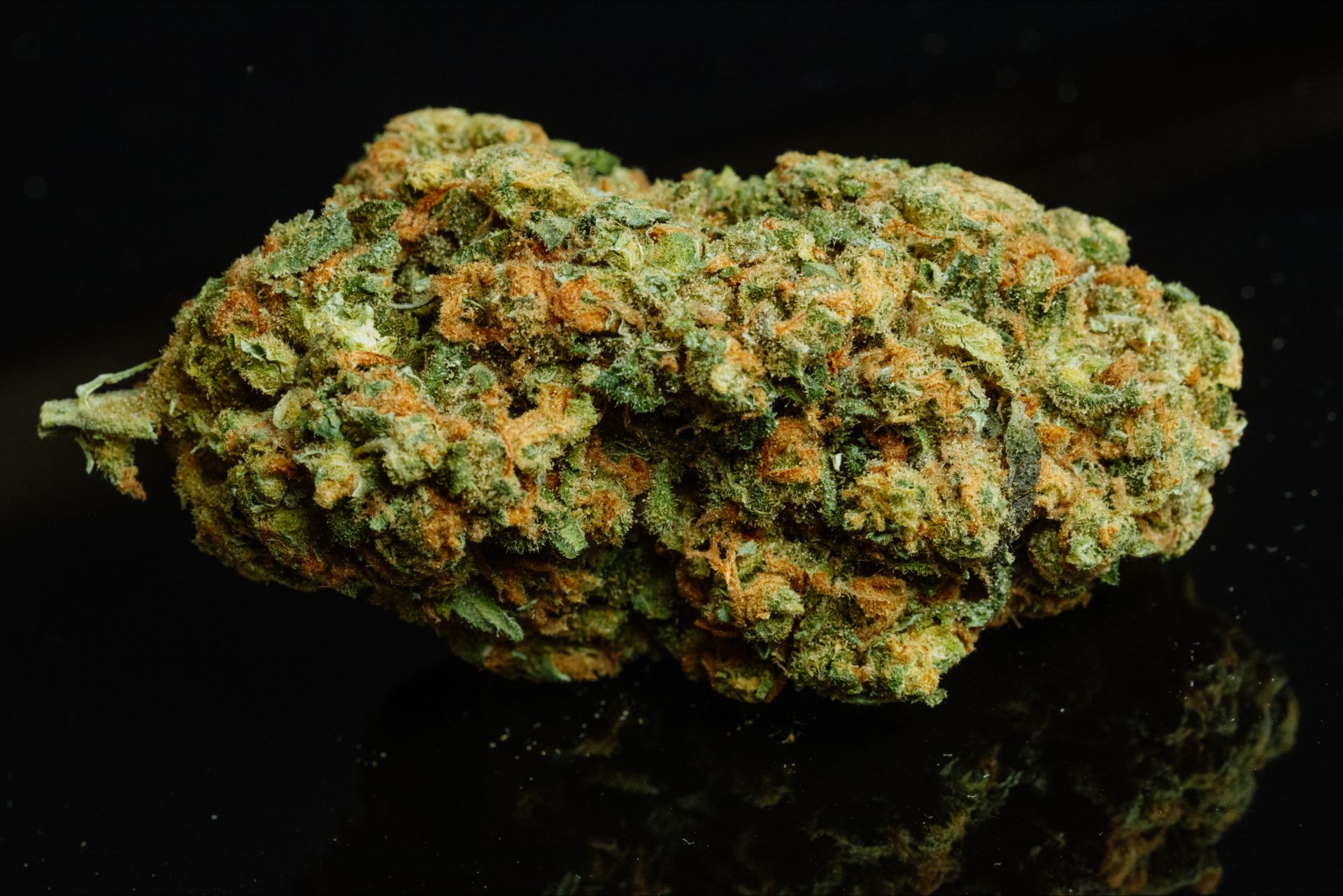
The Importance of Testing and Compliance
In California's regulated cannabis market, rigorous testing is not just a recommendation – it's a legal requirement. Seven Leaves, like all licensed operators, must adhere to strict state regulations, which include:
- Potency Testing: Verifying the precise levels of THC, CBD, and other cannabinoids.
- Terpene Analysis: Identifying the aromatic compounds that contribute to a strain's unique flavor and effects.
- Pesticide Screening: Ensuring products are free from harmful chemical residues.
- Heavy Metal and Microbial Contaminant Testing: Guaranteeing the absence of dangerous substances like mold, mildew, and heavy metals.
The Bigger Picture: California's Cannabis Industry
Seven Leaves operates within a dynamic industry that is constantly evolving. The California market is characterized by:
- Innovation: Companies are continually developing new strains, extraction methods, and product formats.
- Competition: The sheer number of brands means that quality and differentiation are crucial for success.
- Regulation: The state continues to refine its regulatory framework, impacting everything from cultivation to retail.
By focusing on cultivation excellence, product quality, and regulatory compliance, Seven Leaves has positioned itself as a notable player in California's competitive cannabis space. For consumers seeking premium flower, understanding companies like Seven Leaves provides valuable insight into the diverse offerings of the legal market.
This commitment to testing ensures consumer safety and transparency, allowing individuals to make informed choices about the products they consume. Here's what a cannabis testing lab might look like:
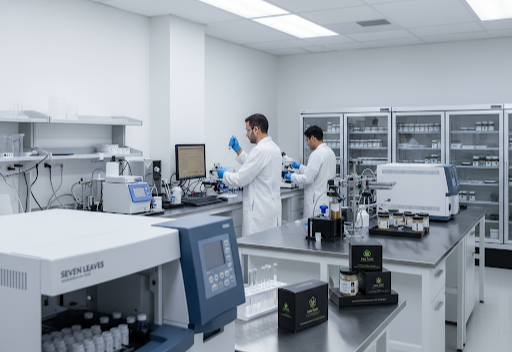
Where to Find Seven Leaves Products
As a licensed California cannabis company, Seven Leaves products are available through authorized dispensaries across the state. Consumers interested in their offerings should:
- Check Dispensary Menus: Most licensed dispensaries maintain online menus that list their current inventory.
- Visit Their Website: Companies often have a "store locator" or "find us" section on their official websites.
The Bigger Picture: California's Cannabis Industry
Seven Leaves operates within a dynamic industry that is constantly evolving. The California market is characterized by:
- Innovation: Companies are continually developing new strains, extraction methods, and product formats.
- Competition: The sheer number of brands means that quality and differentiation are crucial for success.
- Regulation: The state continues to refine its regulatory framework, impacting everything from cultivation to retail.
By focusing on cultivation excellence, product quality, and regulatory compliance, Seven Leaves has positioned itself as a notable player in California's competitive cannabis space. For consumers seeking premium flower, understanding companies like Seven Leaves provides valuable insight into the diverse offerings of the legal market.


